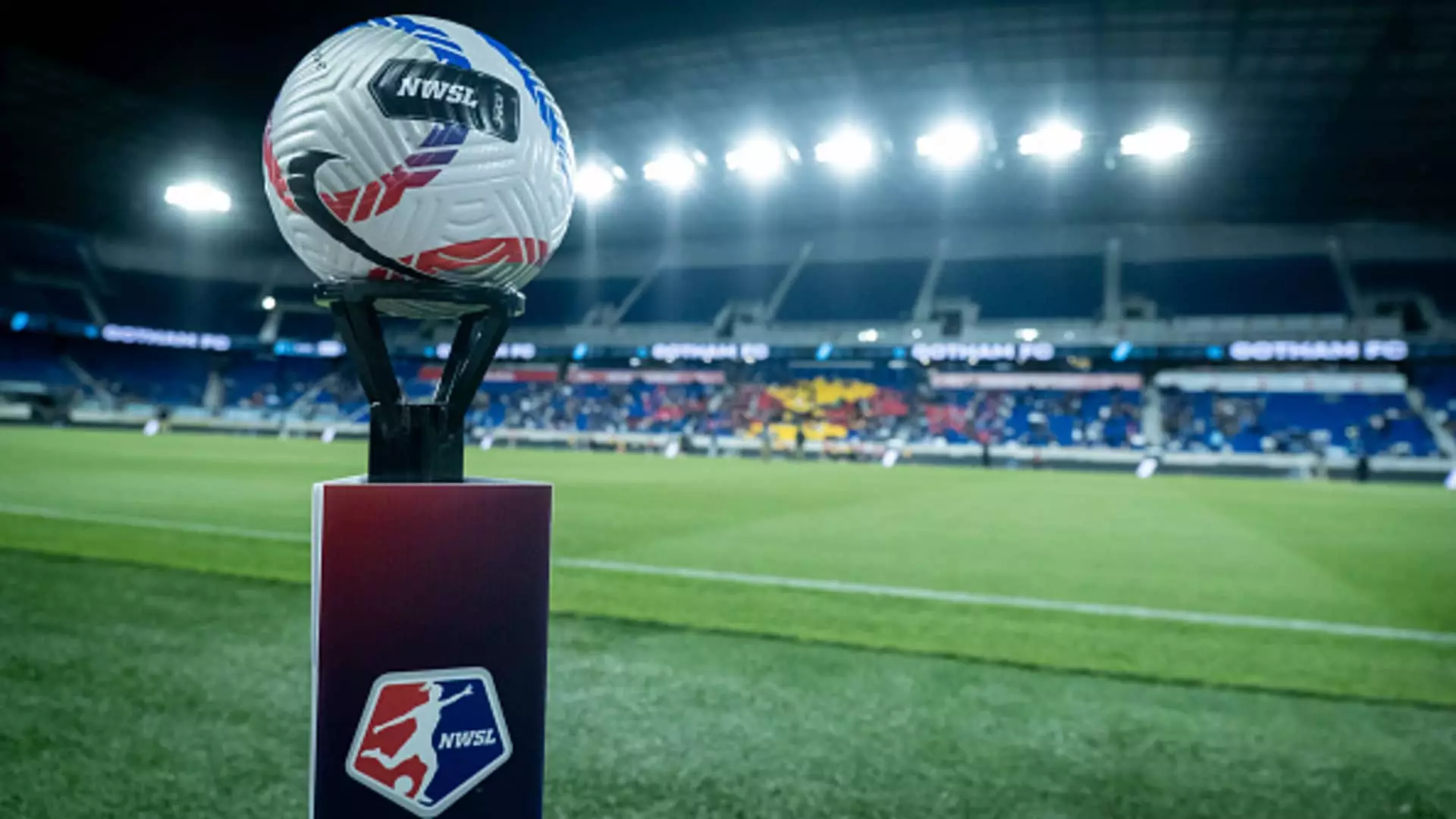The National Women’s Soccer League (NWSL) has recently reached a significant $5 million settlement with the attorneys general of New York, Illinois, and Washington, D.C. This settlement is a milestone that signifies the league’s ongoing struggles with allegations of misconduct dating back over a decade. It not only addresses claims of sexual harassment and emotional abuse endured by players but also shines a light on the systemic issues within the organization that allowed such behaviors to persist. With this agreement, the NWSL is mandated to create a fund to compensate affected players, reinforcing the commitment to rectify wrongs that have long been overlooked.
This monumental decision follows years of distressing accounts from athletes who have bravely shared their negative experiences related to coaching and organizational culture within the league. Allegations indicating a toxic environment of intimidation, harassment, and retaliation had been a haunting reality for many players, and the settlement reflects the depth of these concerns as recognized by the legal authorities. Letitia James, New York’s Attorney General, encapsulated the sentiment perfectly when she stated that the women of the NWSL endured an “unacceptable culture of abuse,” solidifying the urgent need for reform within the organization.
To tackle these pressing issues, the NWSL has committed to implementing a range of reforms aimed at rebuilding trust and ensuring player safety in the years to come. The establishment of the $5 million fund serves as an immediate response to provide financial support to those adversely affected by past mistreatment. Importantly, the settlement does not prevent players from pursuing further legal action against the league or individual teams, which underscores the gravity of the situation and emphasizes that accountability extends beyond mere compensations.
Moreover, the reforms required as part of the settlement signal a pivotal shift in the league’s approach to governance and player welfare. The introduction of better vetting processes for coaches, embedding mental health professionals within teams, and enhancing training programs focus on the prevention of bullying and harassment, all represent crucial steps towards a healthier organizational culture. These changes are not just reactive measures but are essential in fostering an environment where players can excel without the fear of harassment or denial of their rights.
An important aspect of the settlement is the transparency and accountability mechanisms included to monitor compliance. The NWSL will need to provide biannual reports to the attorneys general on misconduct complaints for the next three years, and players will participate in anonymous annual surveys to assess their experiences concerning coaching and the overall team culture. Such initiatives are especially critical as they not only hold the league accountable but also empower players to voice their concerns without fear of retaliatory actions.
Jessica Berman, the NWSL Commissioner, has taken the reins during this turbulent time and has emphasized her commitment to overhauling the league’s culture. Under her leadership, strides have already been made, including the league’s first collective bargaining agreement that aims to improve players’ compensation and working conditions. Moreover, her decision to implement lifetime bans on former coaches who have been implicated in misconduct illustrates a zero-tolerance approach to abusive behaviors.
While these developments represent a significant step towards healing the wounds inflicted by the past, the journey does not end with the settlement. The NWSL’s attempts to revitalize its identity will require ongoing effort, vigilance, and a deep commitment to institutional change. Bringing in new ownership groups with a vested interest in player welfare is a positive signal, as is the growing market for women’s soccer, exemplified by the recent $110 million expansion fee for a new franchise in Denver.
Attaining a trusted and healthy league environment will demand ongoing dialogue, accountability, and a deep commitment to reform. The journey towards safeguarding athletes’ rights and well-being is crucial—not only for the current players but for the growth and perception of women’s professional sports overall. With these foundational changes underway, the NWSL has the potential to emerge stronger, more inclusive, and a premier destination for female athletes across the globe.

